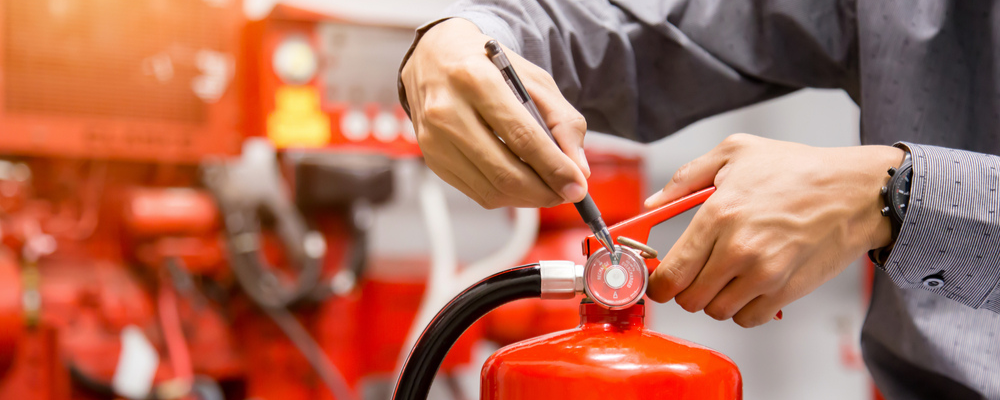The National Fire Protection Association (NFPA) is considered the leader in fire prevention and life safety worldwide. For well over 100 years, various NFPA committees have researched major fires and disasters. Their focus has been to identify steps that could reduce or prevent fires, injuries, and the loss of lives. NFPA fire and life safety codes were the result of the ongoing work of these committees. NFPA codes have evolved over the years, are updated regularly, and are the basis for most building and safety standards in our country and throughout much of the world.
Anytime a code requires any equipment or device to be installed, it also requires the ongoing maintenance and/or testing of the item or system by a certified contractor to maintain optimal performance and meet NFPA requirements.
The main standards that ICC follows are related to the kitchen fire equipment, fire extinguishers, storage and disposal of greasy and oily items, and exit doors and signs.
- Fire suppression systems are required to be installed and serviced semi-annually by a licensed contractor to assure proper activation and operation. The contractor engineers the system to ensure proper coverage of appliances, activation methods, and indicates in writing the system is proper.
- Hood and duct cleaning or inspection is required at least semi-annually by a certified contractor to ensure the installation is proper and that all areas are accessible and free of accumulations of grease. More frequent cleaning may be required, depending on the type of cooking. Wok-type cooking can produce considerable amounts of grease build-up on hood filters and ductwork.
- Fire extinguishers need to be serviced annually by a certified contractor to assure they are of the proper class for the installation and are maintained and tested according to NFPA requirements. A 6-year maintenance and 12-year hydrotest is required for all extinguishers. K-class extinguishers are required in kitchens where there is a fryer on the premises, and ABC extinguishers are required in other areas – at least one per floor. The travel distance to an extinguisher is not to exceed 75 feet.
- Proper storage and disposal of greasy and oily items is important to avoid spontaneous combustion. This can occur when greasy or oily rags, towels, aprons, etc. are kept in a laundry bag as the grease or oil can generate heat, causing the items to smolder and eventually erupt into flames. Using disposable items and removing them to the exterior of the building, storing items in a metal container with a lid, or soaking items in bleach water are a few precautions that can be taken.
- Exits should be free and clear of any obstructions to allow for use in case of an emergency. Exit doors must not be locked unless they are equipped with a panic bar. Exit signs must be in place and visible. Emergency lighting should be present to allow patrons to find their way out in case of a power failure.
ICC requires certified contractors to perform work or service to extinguishers, suppression systems, and hood and duct cleaning or inspections. Certified contractors must undergo extensive training to be able to provide competent, safe service. Using non-certified persons or companies can be a very expensive choice should a problem arise, as they often lack proper training, equipment, knowledge, or insurance coverage.
For more information about insuring your business with ICC, visit our website and Find an Agent in your area.





